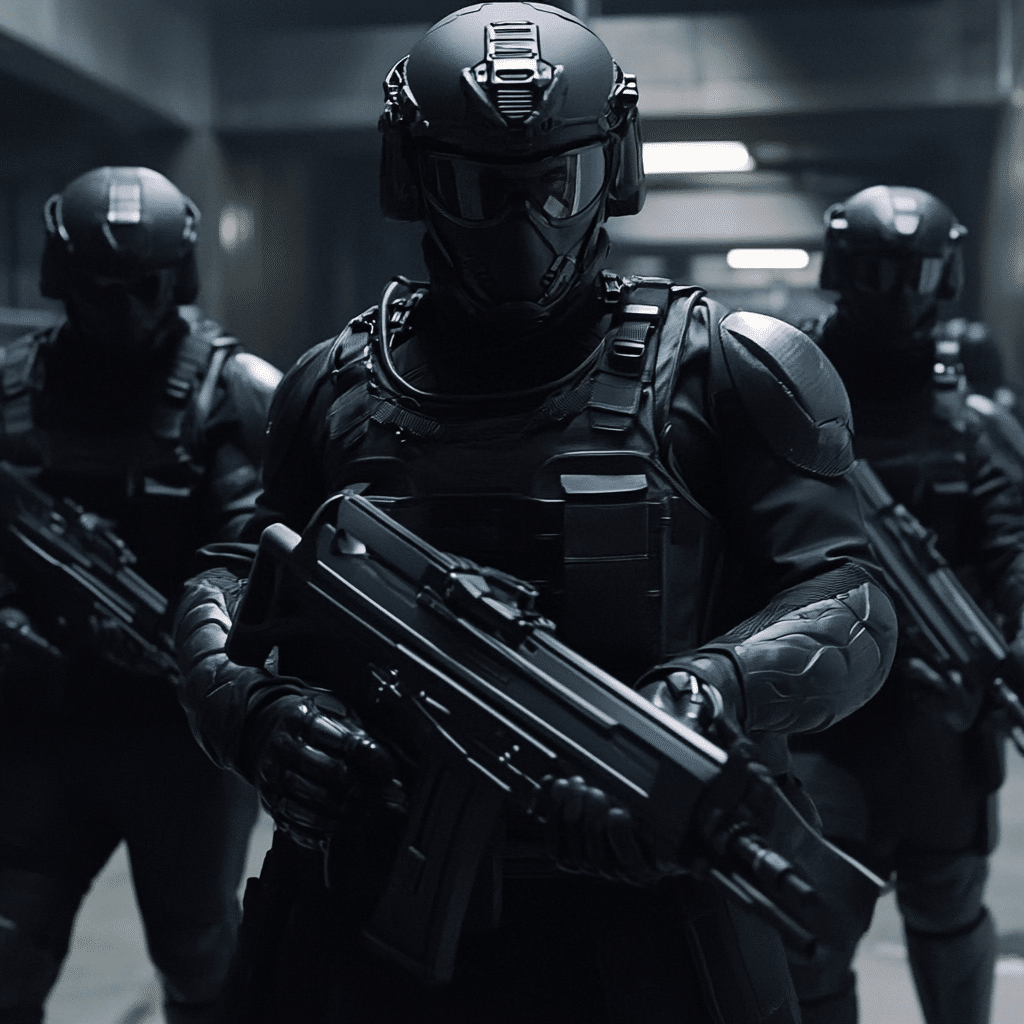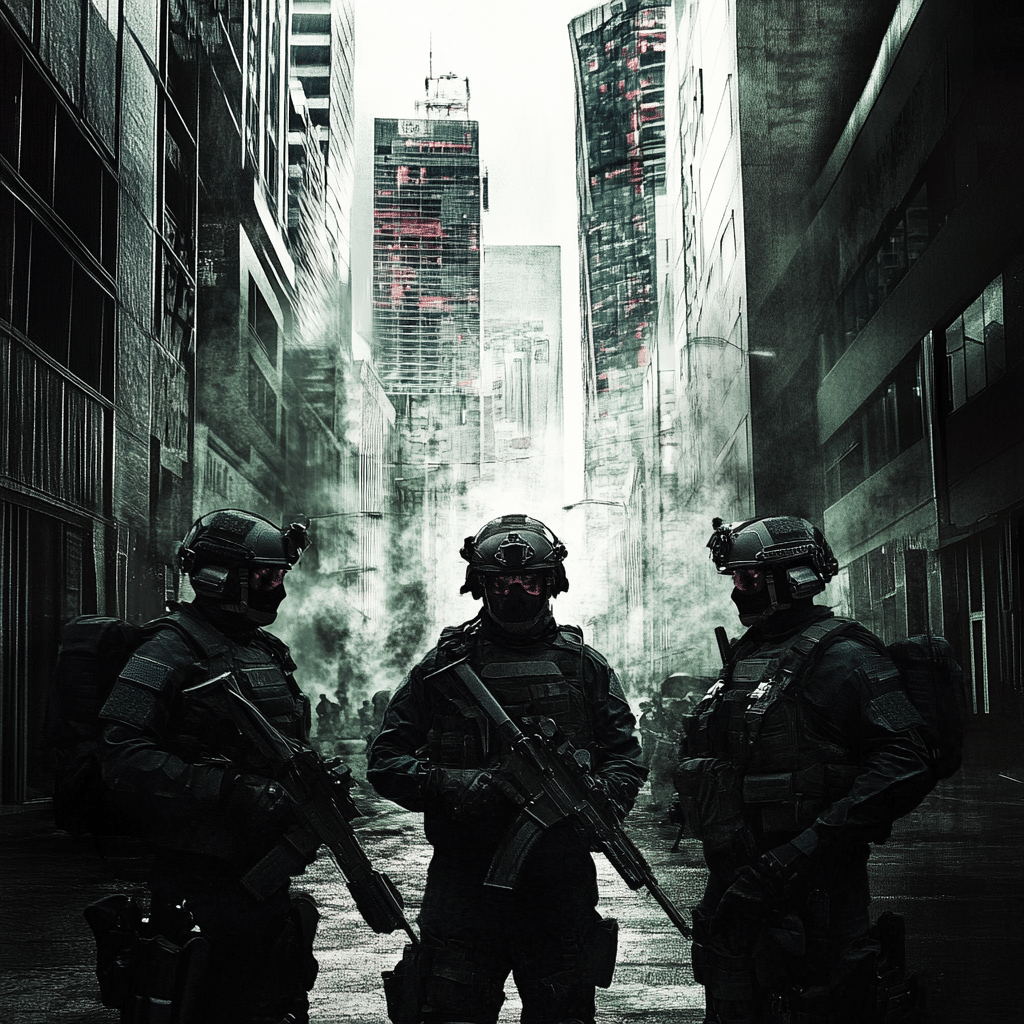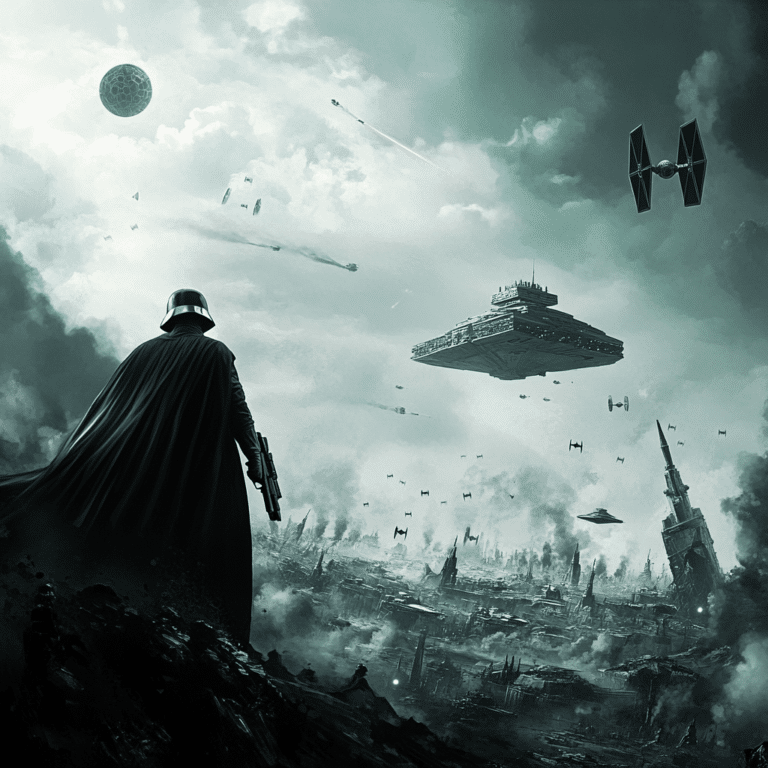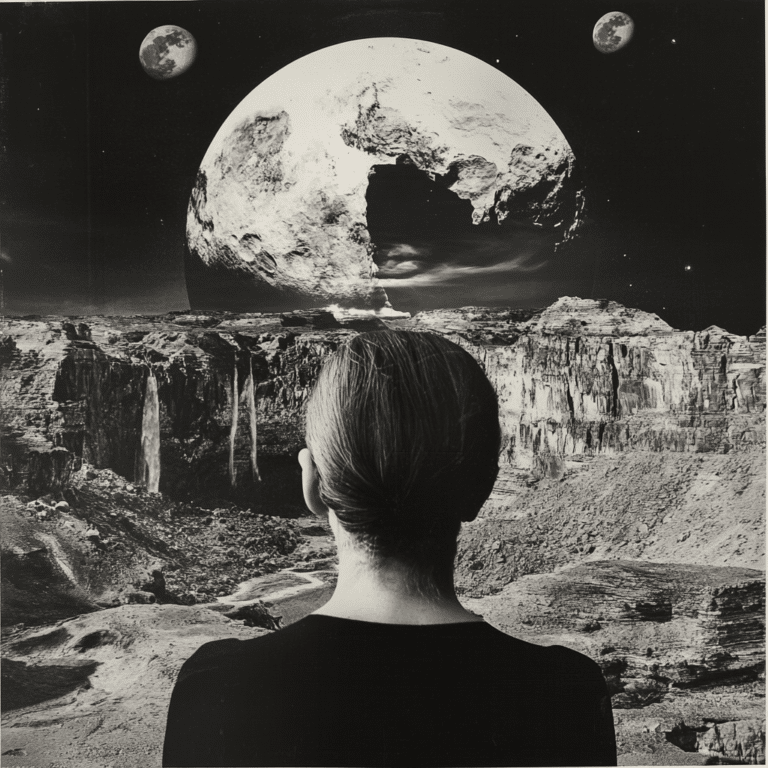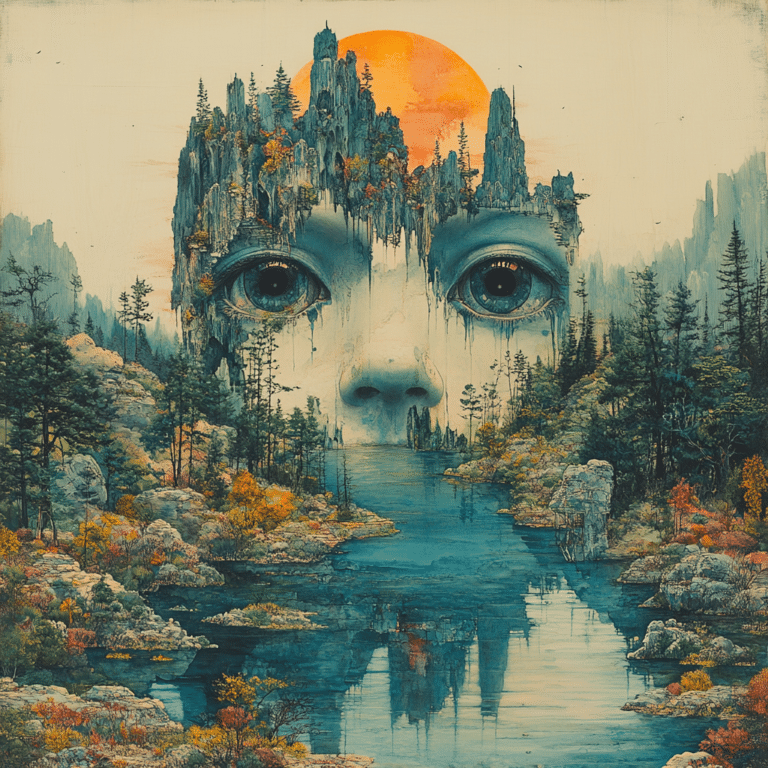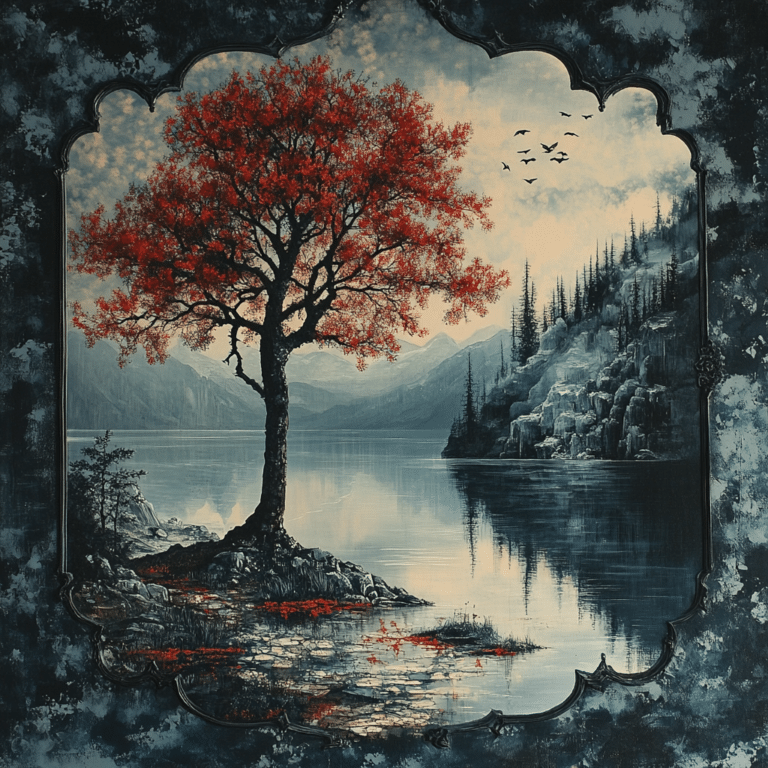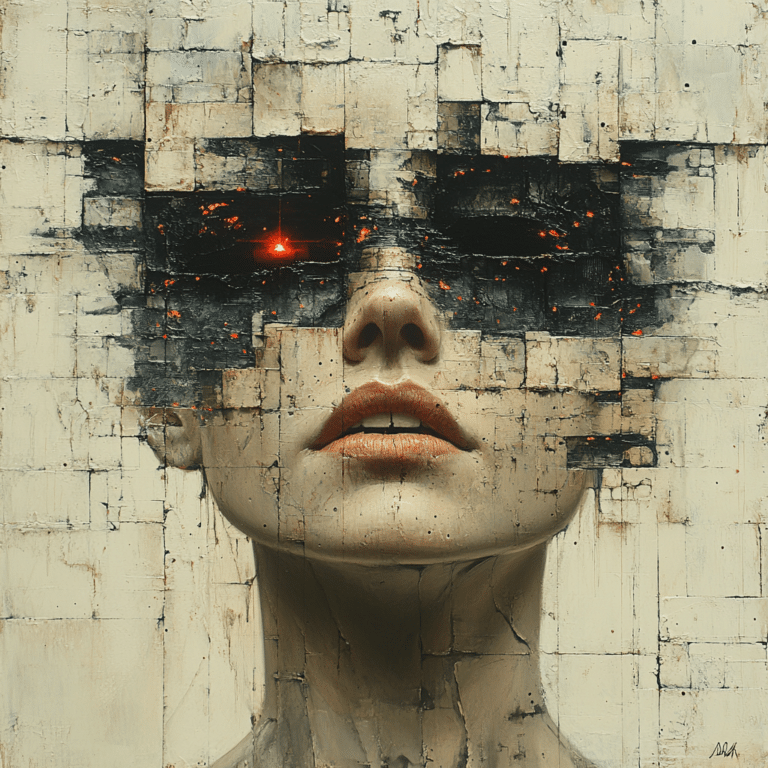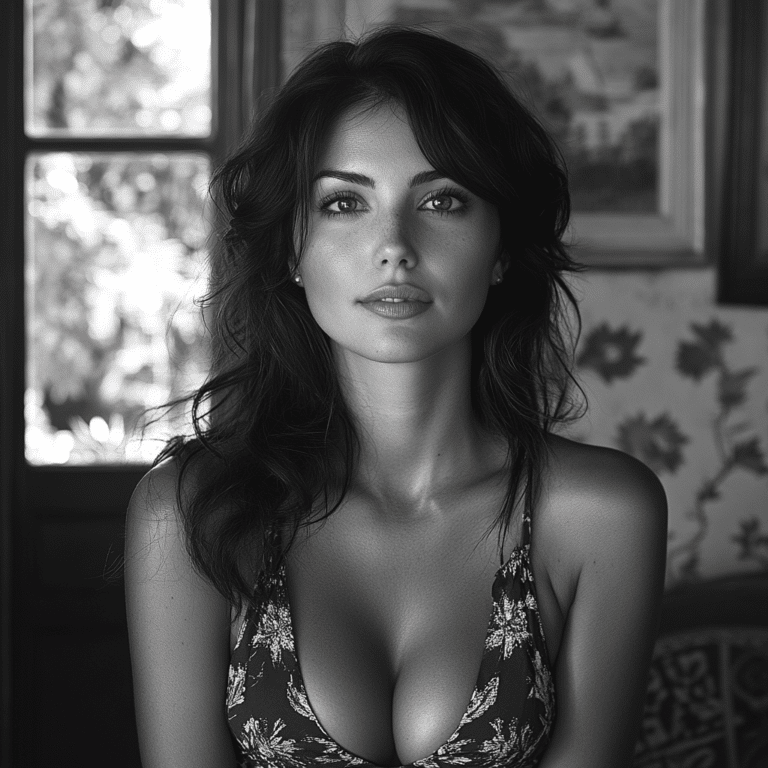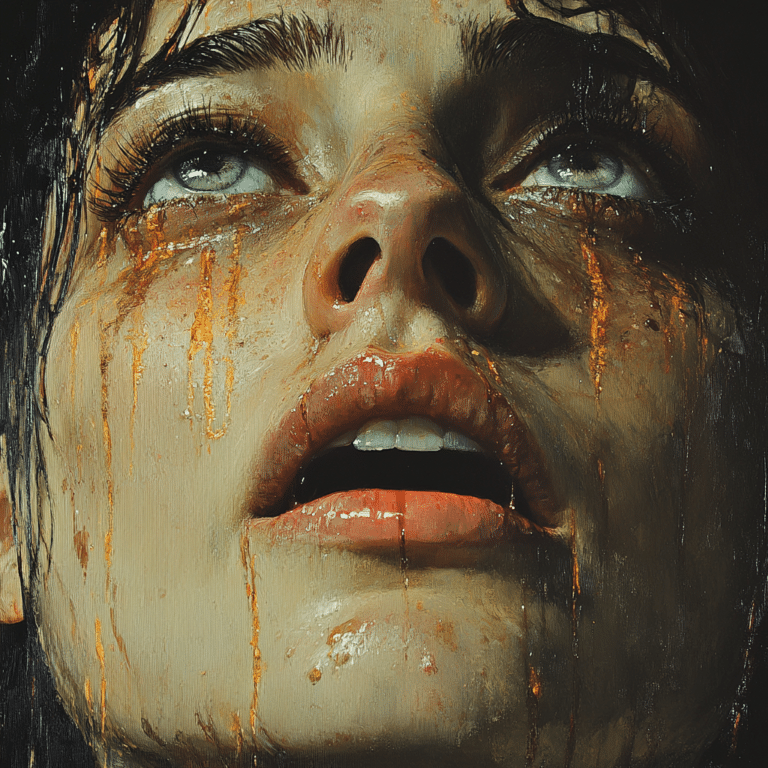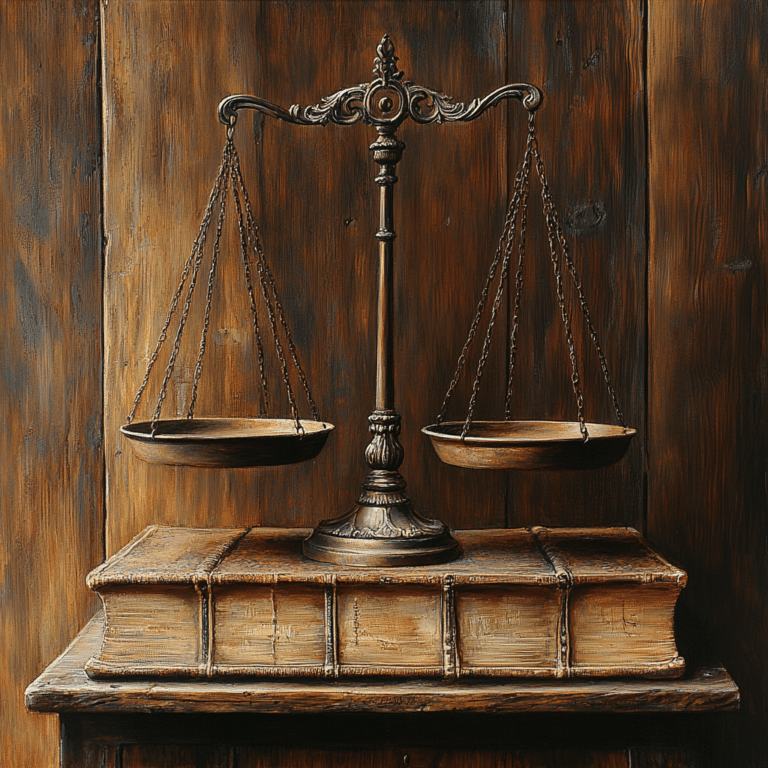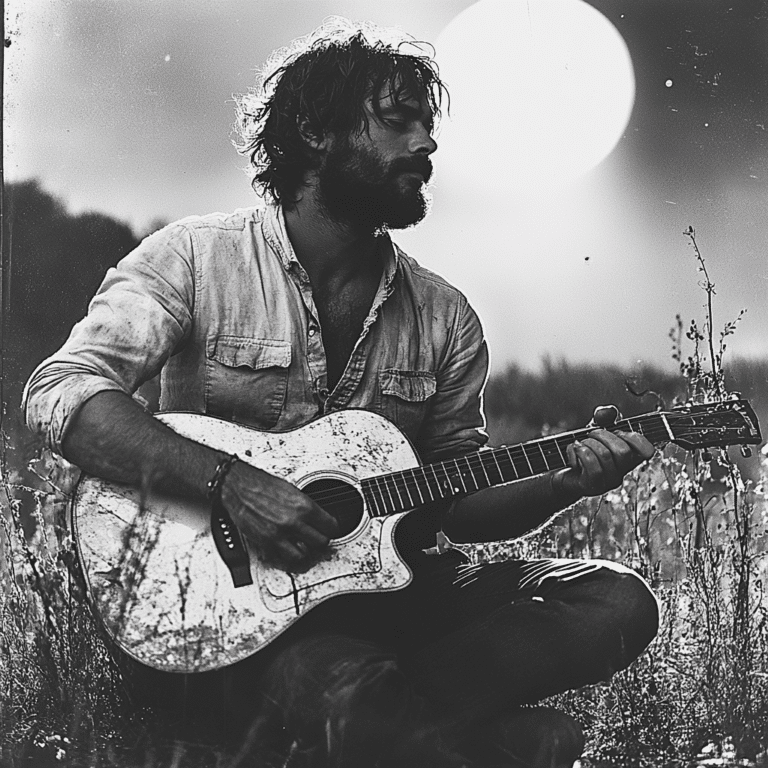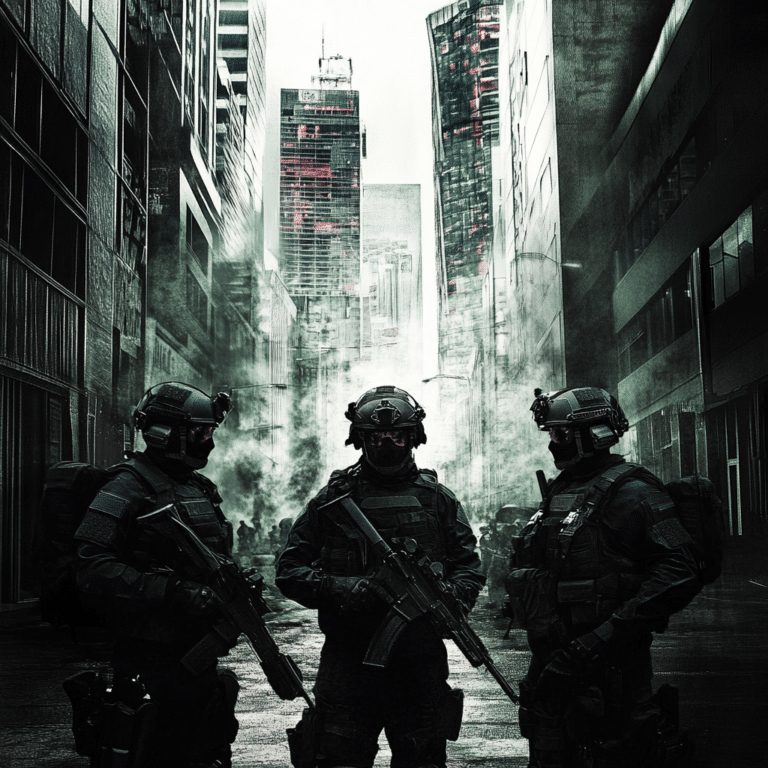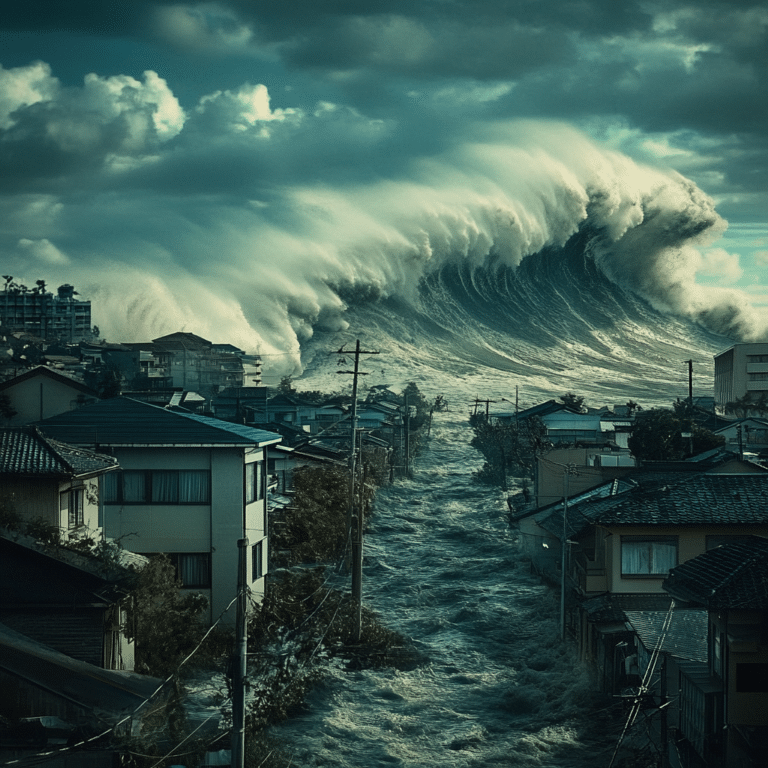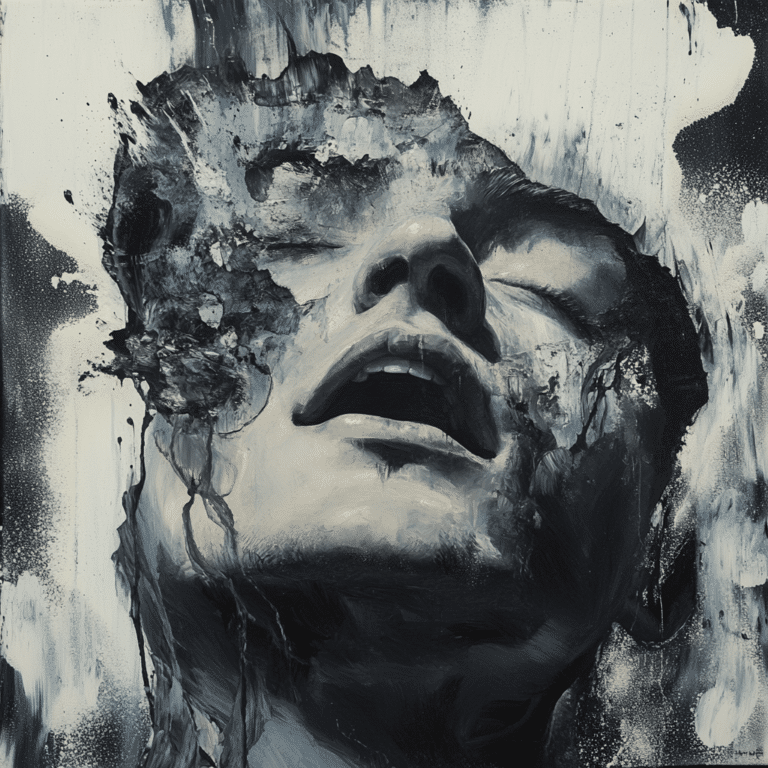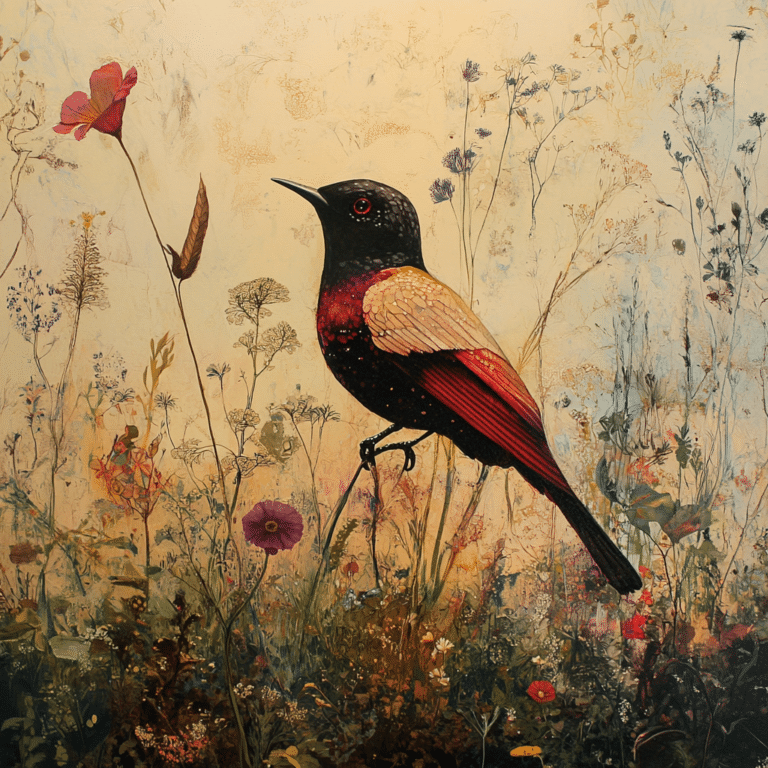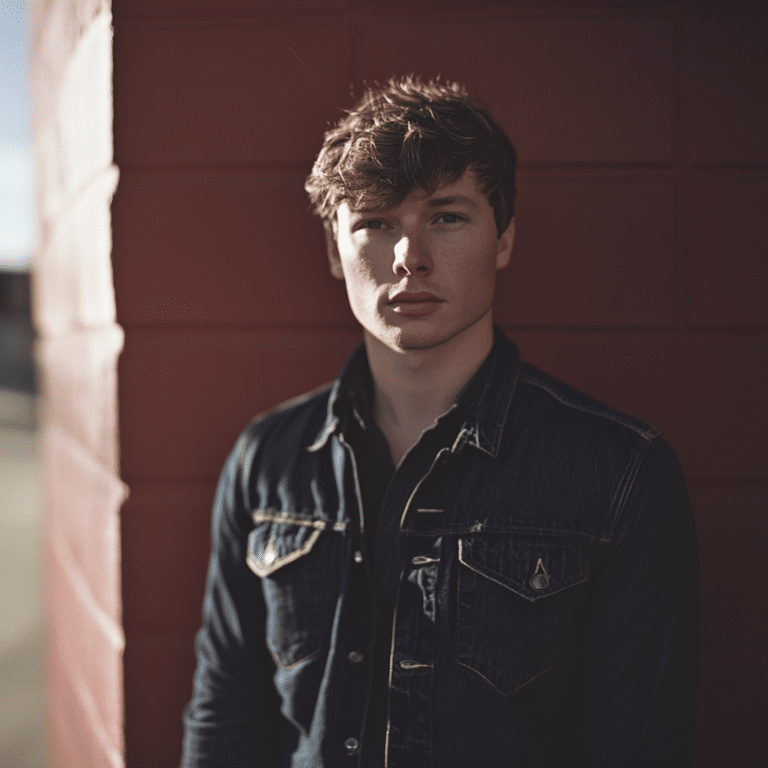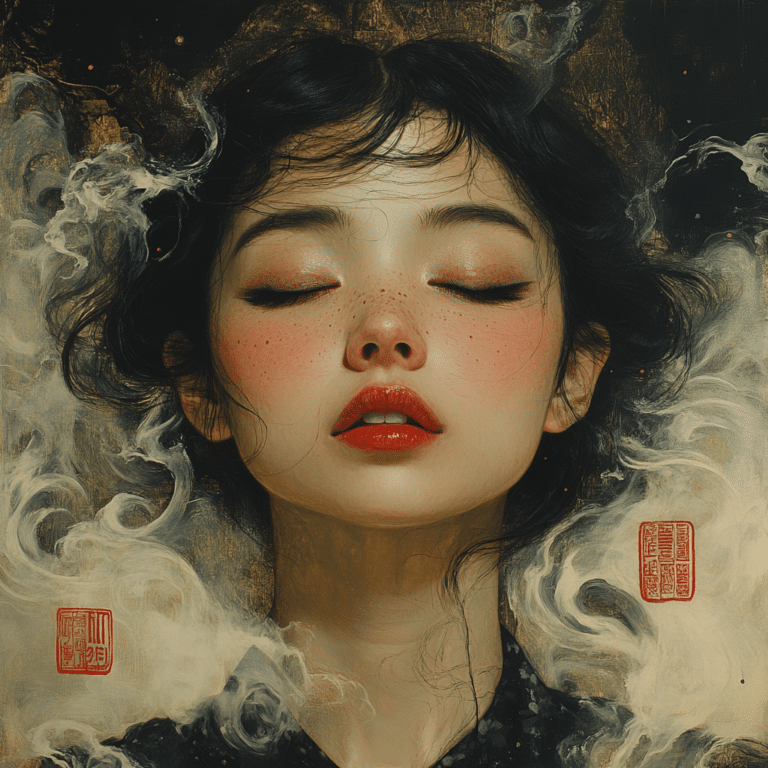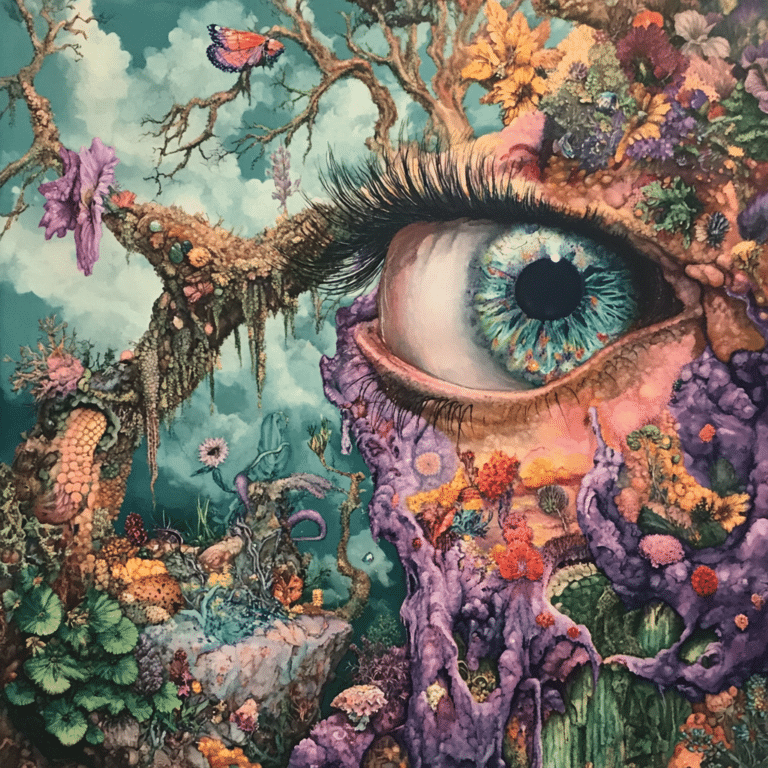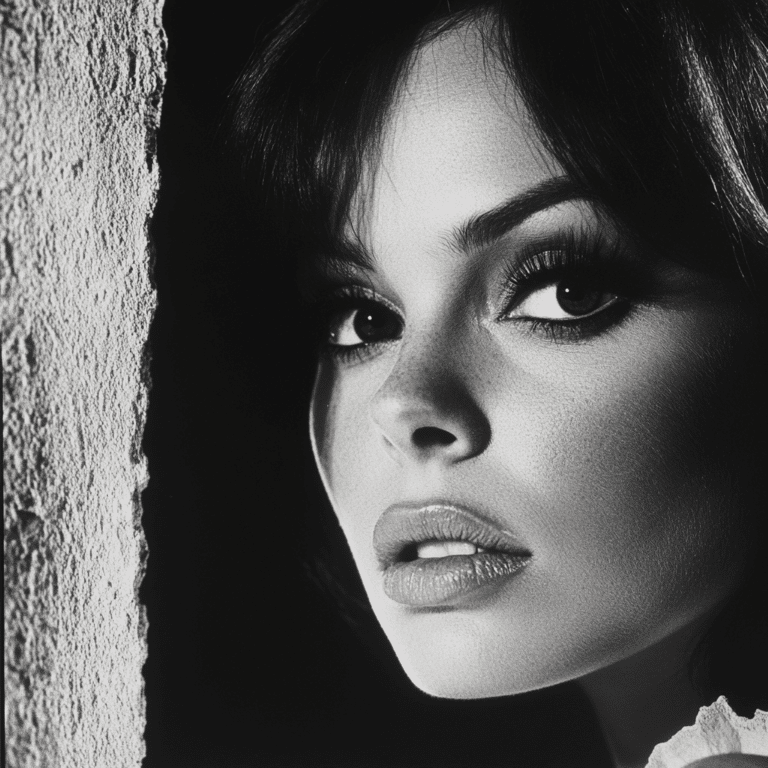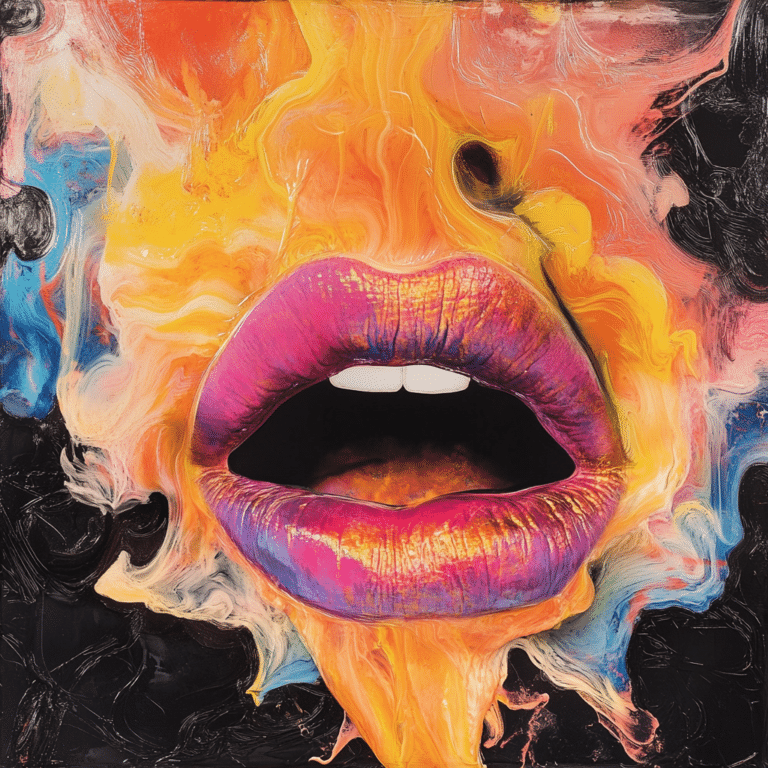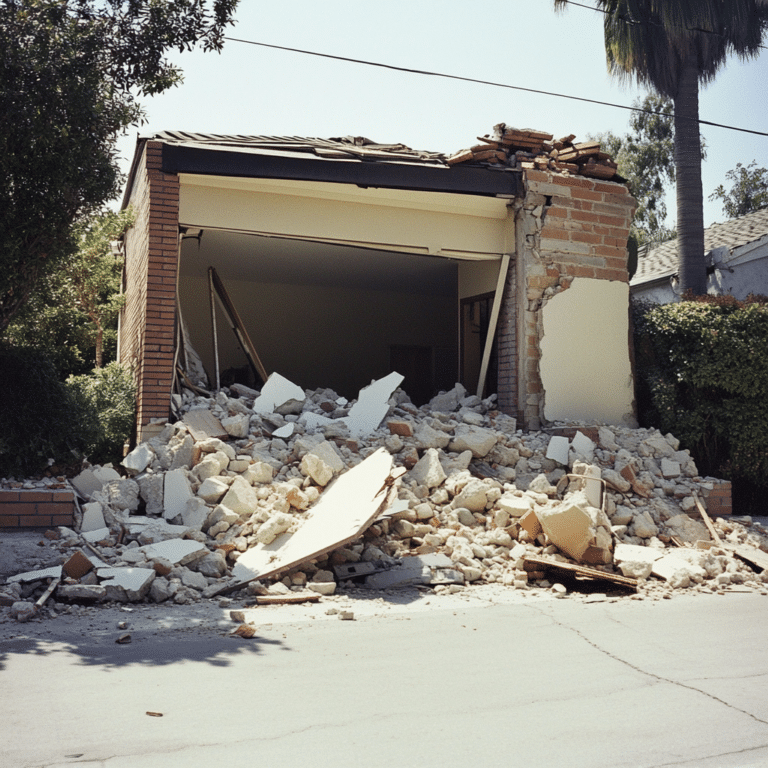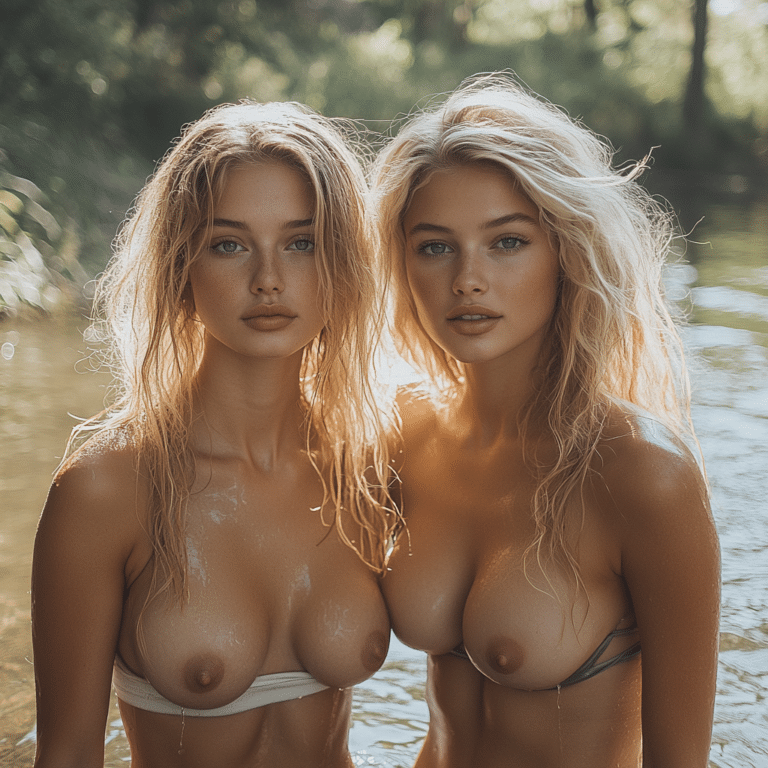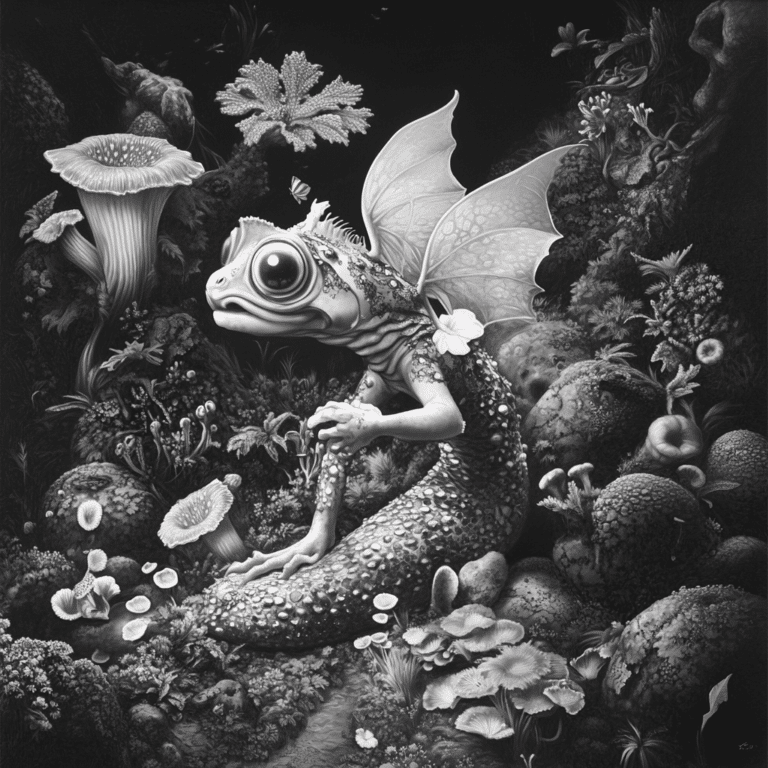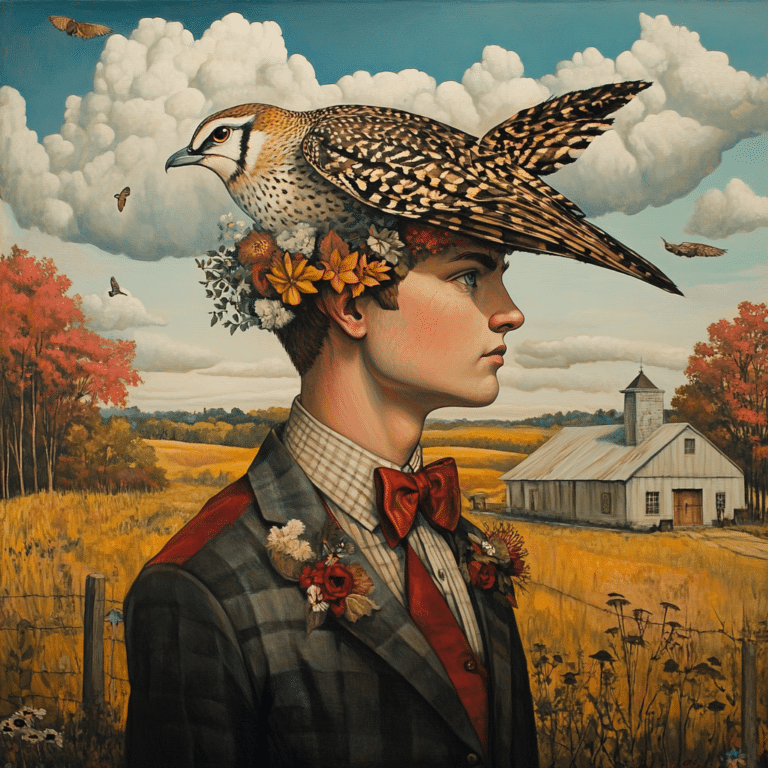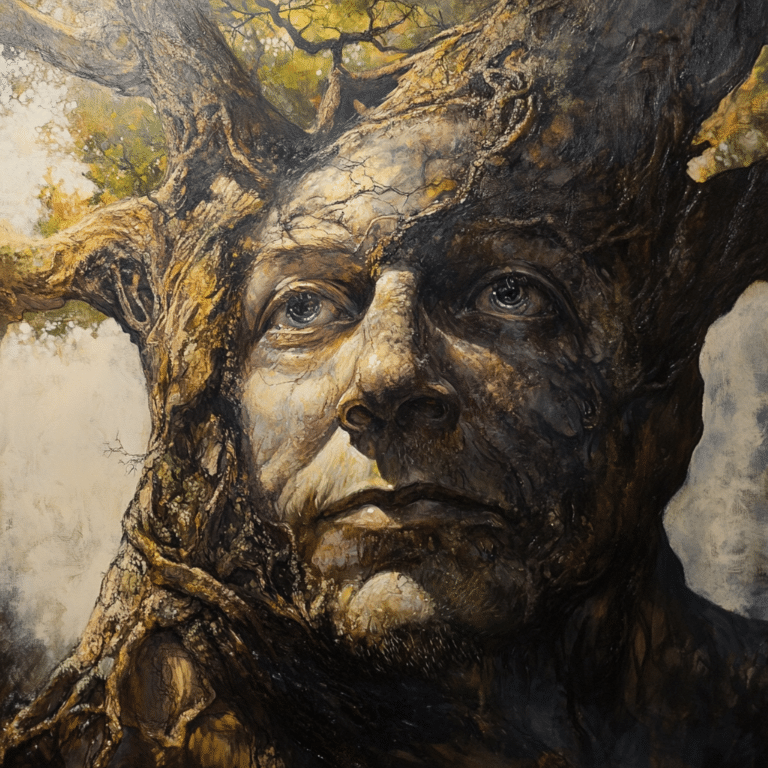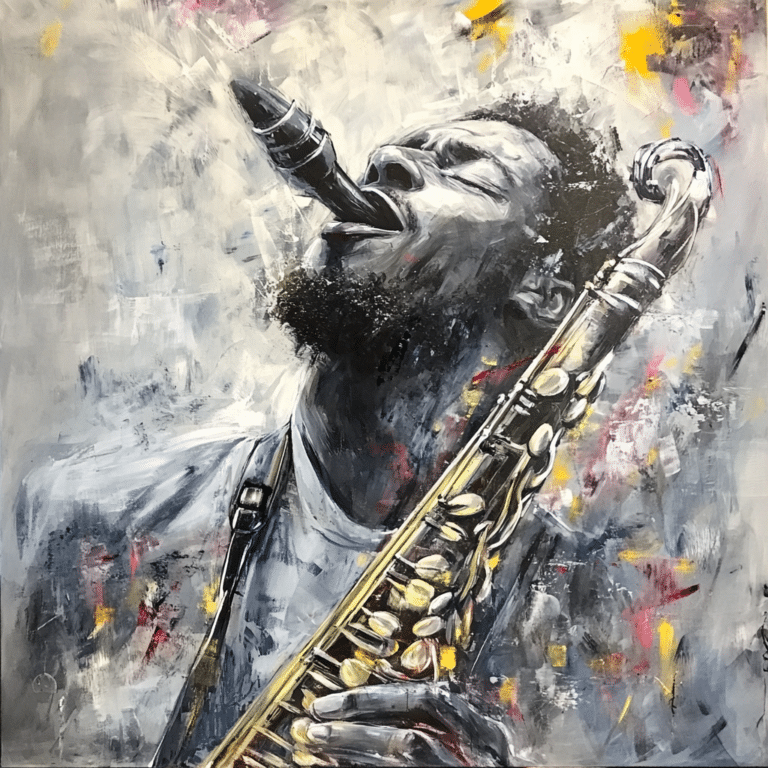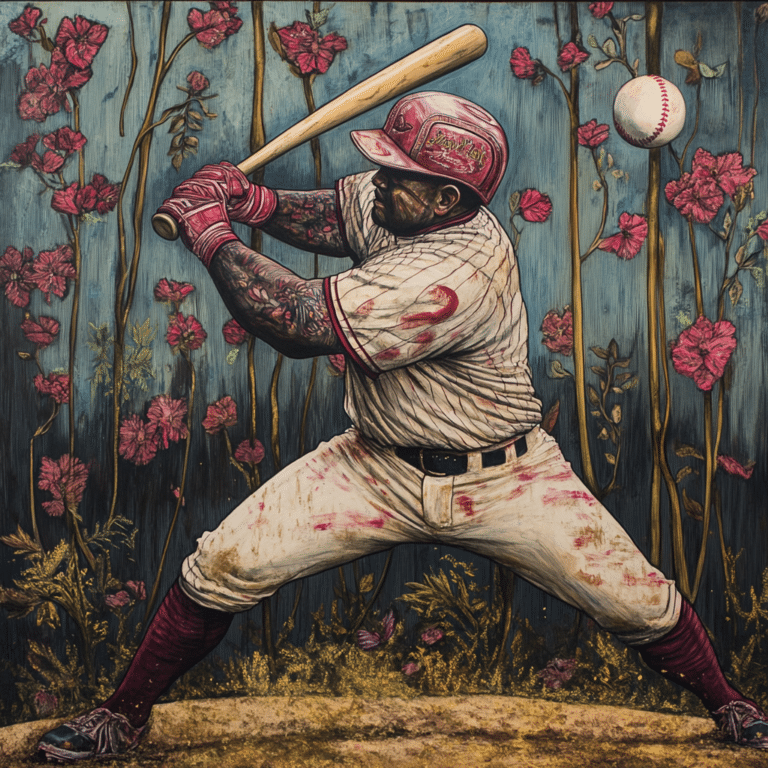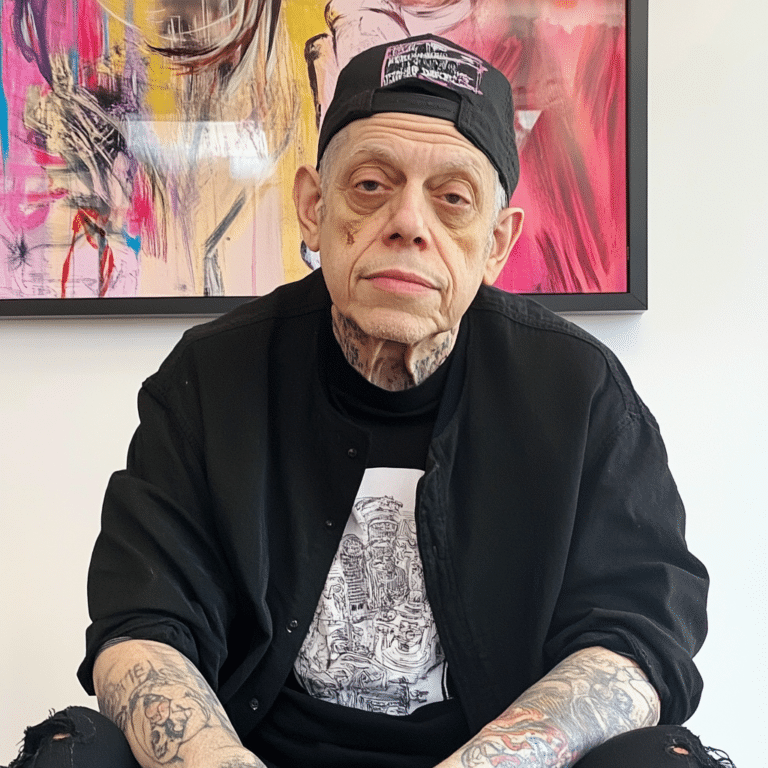1. The Disturbing Shift: Understanding the Police State Movie Phenomenon
In today’s world, the rise of the police state movie genre sparks significant concern. Folks are increasingly aware of how government overreach and surveillance impact their lives. Movies like V for Vendetta and Children of Men hold a mirror to our society, illustrating the dangers posed by authoritarian regimes. These films push audiences to question, “What if our freedoms are gradually stripped away in the name of security?” The uncomfortable truth is: we’re already experiencing a reality where the consequences of surveillance are all too real.
These police state movies serve as warnings. They remind us that our cherished liberties could become a fond memory if we sit idly by. As technology evolves, so does the potential for state control. Films like these make it abundantly clear: complacency isn’t an option. We must stay informed and engaged, ensuring our rights aren’t sacrificed at the altar of an illusionary safety.
The genre’s emphasis on caution resonates deeply in our current climate. Whistleblowers like Edward Snowden have opened our eyes, amplifying conversations about privacy and the continuing erosion of civil liberties. It’s essential now more than ever to grasp just how crucial safeguarding our freedoms is—for ourselves and future generations.
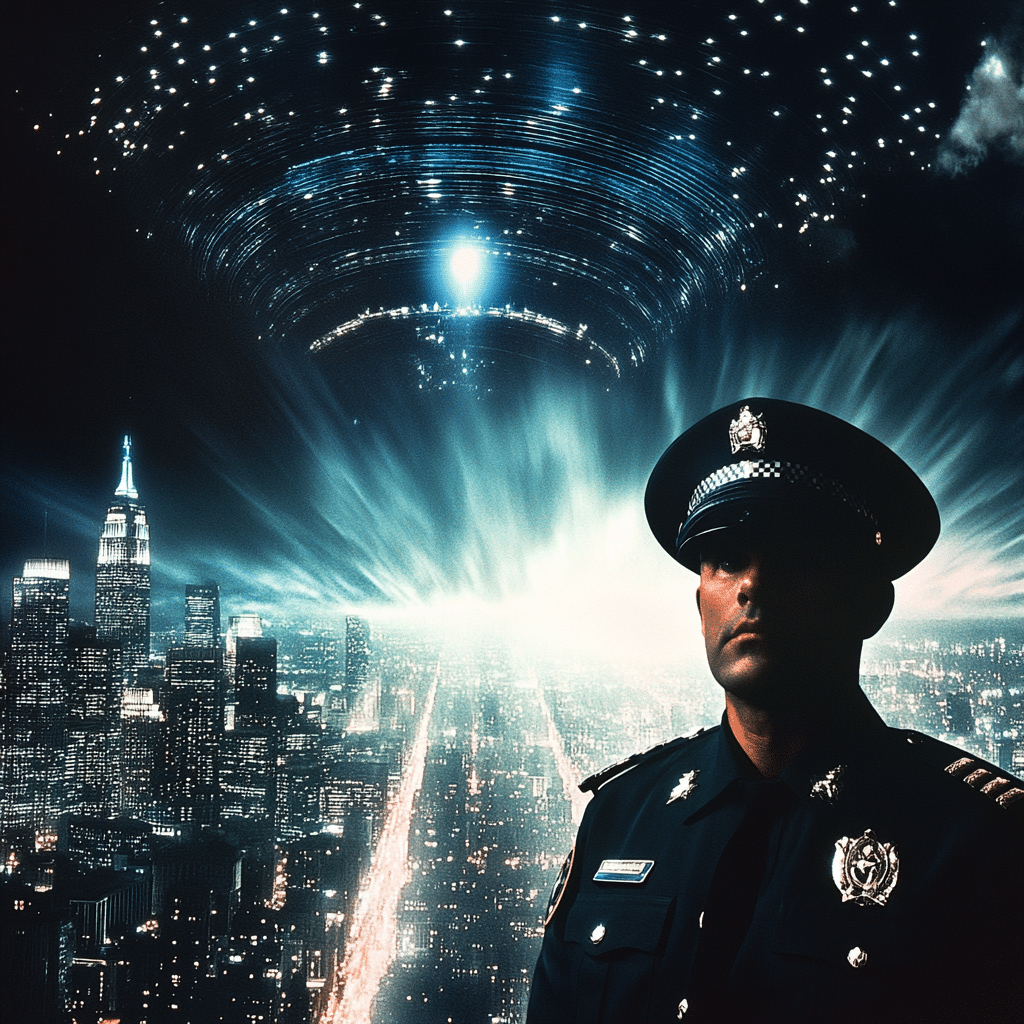
2. Top 7 Police State Movies Addressing Our Rights and Freedoms
Here’s a closer look at seven impactful police state movies that challenge our understanding of freedom and rights, making us ponder the ramifications of government control.
1. The Purge (2013)
This film paints a chilling picture of a world where crime is condoned for just one night a year. The brutal ramifications of such an atmosphere provoke inquiry: is sacrificing morality justified by a promise of safety? The Purge forces us to confront uncomfortable questions about the lengths we’ll go to protect ourselves, even if it means trampling on the rights of others.
2. Minority Report (2002)
In this film, director Steven Spielberg adapts Philip K. Dick’s vision of a future where crime is preemptively punished. The ethics surrounding predictive policing raise essential points about justice and individual freedoms. With police arresting individuals for crimes they have yet to commit, this police state movie makes us question the true cost of security.
3. Snowpiercer (2013)
Snowpiercer presents a dystopian future confined to a train, ruled by a merciless class system. This allegorical film parallels a police state; the elite exercise control through constant surveillance and violence. The film invites a deeper dialogue about the implications of societal control and class disparity, encouraging viewers to reflect on how such hierarchies emerge in our present time.
4. Equilibrium (2002)
In a future where emotions are illegal, Equilibrium explores the implications of sacrificing humanity for security. The government claims to provide peace, yet at what expense? This police state movie challenges us to consider the importance of individuality in a world dominated by fear.
5. Children of Men (2006)
This heart-wrenching film portrays a future plagued by infertility and authoritarian rule. As society crumbles, the state imposes rigid control, prioritizing order over compassion. The narrative reminds us of the fragility of civil liberties, urging viewers to consider the dire consequences of relinquishing individual rights in favor of security.
6. The Lives of Others (2006)
Focusing on surveillance under East Germany’s Stasi, The Lives of Others delves into the psychological toll constant monitoring has on society. This film starkly illustrates how oppression breeds distrust and damages personal relationships. The erosion of basic rights is palpable, driving home the message that freedom is worth fighting for.
7. Blade Runner 2049 (2017)
Continuing Ridley Scott’s legendary narrative, this sequel emphasizes humanity’s tense relationship with artificial intelligence. It probes ethical dilemmas while showcasing an omnipresent surveillance state. The film beckons viewers to question their own levels of freedom in an increasingly controlled society.
3. Cross-Genre Comparisons: The Police State in Different Cinematic Contexts
What’s fascinating is that themes of surveillance and control seep into varied genres. Take the elf film genre, often celebrated for its light-hearted stories. Unlike the dark tones of police state movies, films like Elf (2003) underscore the joyous spirit of individuality amidst societal expectations. This juxtaposition reminds audiences that the fight against conformity is an enduring battle, even within whimsical tales.
On a more comedic note, consider Twins (1988). It highlights identity and belonging, yet when viewed through the lens of state narrative, it reflects the tension inherent in restrictive societal frameworks. In a humorous context, it still raises poignant questions about acceptance.
Napoleon Dynamite (2004) offers a quirky perspective of small-town life versus larger societal norms. The film illustrates personal freedom’s struggle against societal expectations, echoing the sentiments found in police state movies while maintaining a light-hearted approach. It emphasizes the importance of individual choices even in a tightly-fitted societal structure.
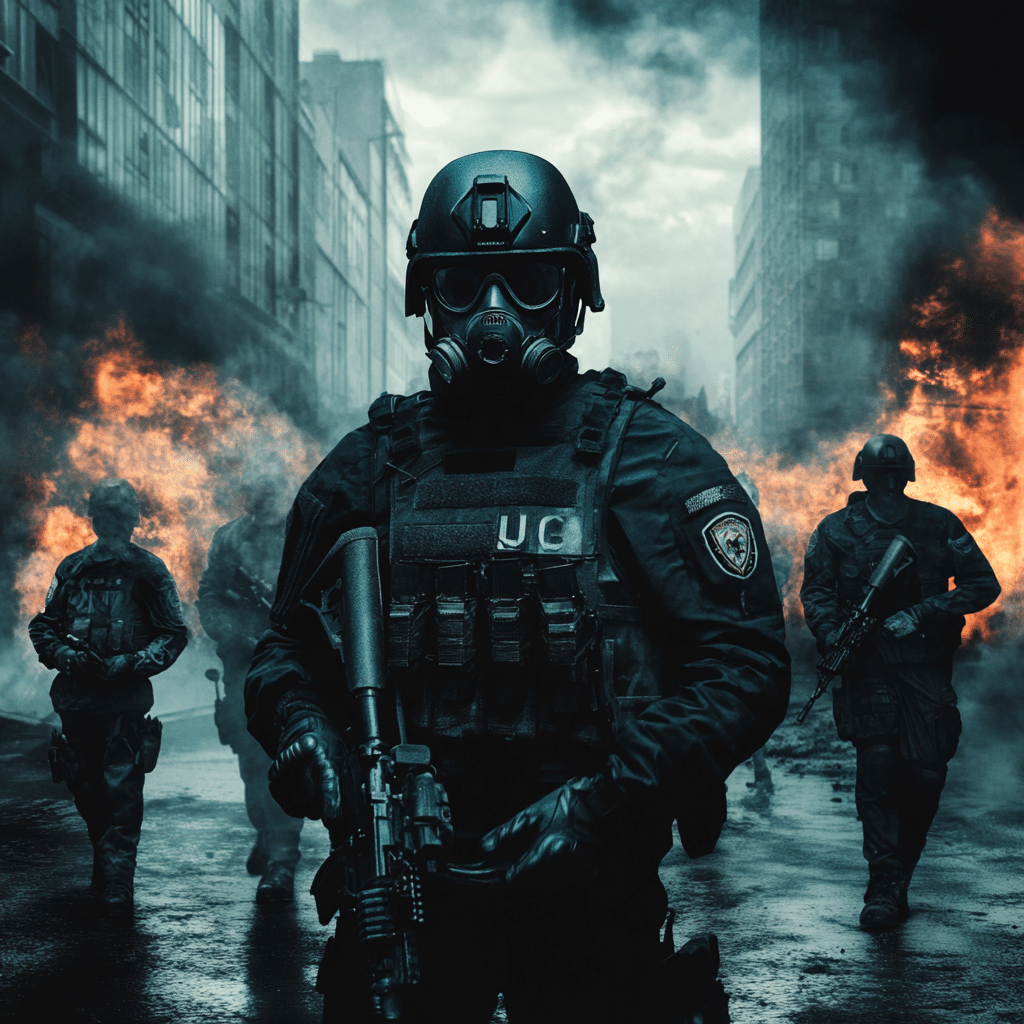
4. A Broader Cultural Reflection: The Impact of Police State Movies in 2024
As we step into 2024, the significance of police state movies grows ever more relevant. Current discussions around privacy remind us of the lessons learned from cinematic narratives. The political landscape continues to shift, inspiring filmmakers to address the balance between freedom and the encroaching forces of authority.
In this tech-driven age, the push for security over liberty is a critical conversation. These films not only entertain but encourage viewers to think critically about their rights. Engaging with these stories invigorates discussions about state power and its implications on our daily lives.
Moreover, it’s essential to remain vigilant against any emerging forms of control. Viewing these films with a modern perspective empowers audiences to advocate fiercely for personal freedoms. We must remember that the ideals upon which our democracy stands are worth protecting. It’s time we rise, ready to defend our rights against any encroachment—because today’s battles shape tomorrow’s freedoms.
Engage with these concepts deeply, and you’ll see that police state movies serve as more than entertainment—they’re essential commentary. Ensuring that our voices are heard and our rights are preserved is not just our responsibility; it’s our duty as engaged citizens in a thriving democracy.
Exploring the Police State Movie: Facts and Fun Trivia
The Film’s Backdrop
You might be surprised to learn that the “police state movie” genre has flourished across multiple decades, often sparking heated debates about civil liberties. These films, like their thrilling counterparts, tend to tap into society’s fears and anxieties, showcasing oppressive governments and the erosion of personal freedoms. Interestingly, renowned filmmaker Jeff Duncan has championed this type of storytelling, using it as a lens to explore contemporary political landscapes. It’s fascinating how a gripping tale mirrors real-world issues, especially when compared to the experiences of artists like SZA, who navigated her own journey in the public eye, sparking discussion about personal choices and societal pressures before her transformation—just check out what the buzz was about in Sza before surgery.
Cultural Reflections
Delving deeper into the genre, these films often utilize bold imagery and motifs, which can resonate with audiences on a profound level. Think of the fantastical allure of a napoleon film juxtaposed with the stark realities depicted in police state narratives. Such stark contrasts illuminate the struggles against authoritarianism. Moreover, the unique character design—like those eye-catching Tatuajes de Mujer you might see in the storyline—adds another layer of cultural commentary. These elements encourage audiences to reevaluate their understanding of freedom in light of cinematic portrayals.
The Bigger Picture
As we engage with a police state movie, it’s vital to recognize its connections to broader trends in society. For instance, the rising prevalence of surveillance and social control parallels some plotlines in recent films. This theme isn’t only present in mainstream cinema; even the fashion seen in hot spots like Dover Street market Nyc echoes the tensions of expression amid oversight. Likewise, iconic brands, such as those featuring Gucci Socks, sometimes become symbols of rebellion against status quo depictions in these narratives, creating conversations about consumerism within a monitored society.
Ultimately, every facet of a police state movie—from character arcs to the socio-political environment—invites viewers to reflect. Film producers, like Nick Khan, recognize this power and strive to incorporate meaningful themes that challenge headlines and public perceptions. So next time you’re glued to the screen watching the unfolding drama, remember to look beyond the surface; every scene might just be a nod to our current realities, simmering with the same undertones found in a tsunami movie or a story about the human condition, complicating our understanding of safety and freedom.
